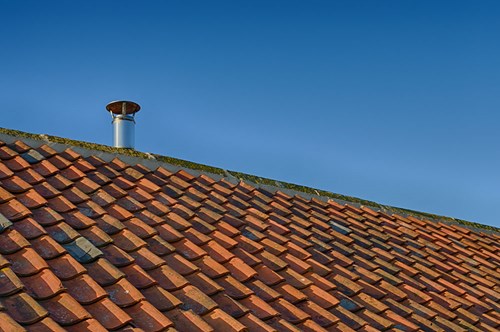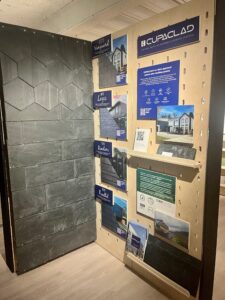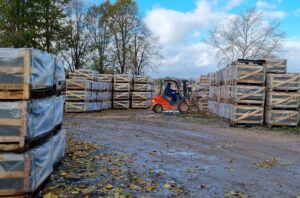What do you do if you come across a gas flue pipe? The answer from Gary Walpole, NFRC’s Technical Officer, is simple call in a GasSafe Registered engineer.
I sometimes get questions about how to deal with vertical gas flues that vent through roofs, which is most often seen in houses built during the 1980s. My answer to the question is simple: call a Gas Safe Registered engineer. That’s because domestic gas boilers produce carbon monoxide, a poisonous gas that you can’t see, smell or taste and which can be fatal.
People can be exposed to carbon monoxide if a flue is damaged, blocked, restricted, badly fitted or poorly serviced and so roofing contractors need to make sure they’ve taken the proper precautions and advice should they come across a flue. The consequence may not only be danger to life but may also lead to a hefty fine at the very least. In 2015, for example, a contractor re-roofing a flat roof above a flat in Paignton, Devon was fined £2,000 plus legal costs for failing to reconnect a flue to the boiler. The fault was only detected after the resident had contacted a Gas Safe engineer to inspect what they thought was a faulty boiler; the engineer duly got in touch with HSE.
So always seek advice from a Gas Safe Registered engineer before starting work and remember that only a Gas Safe Registered engineer can ever work on a gas flue. The engineer will assess the work being carried out, and in most cases, will disconnect the appliance from the gas supply until the work is completed. On completion of the work, the engineer will reconnect the appliance, and carry out several specific tests as required in the Gas Safety (Installation & Use Regulations), before classifying the appliance as safe to use.
Eight cardinal rules when working on a roof with a gas flue
- During your initial survey, look for any suspect flue and include the potential cost for a Gas Safe Registered engineer in your quote.
- Check if your work requires a permit.
- Assume all flues are live.
- Carry out a risk assessment, not only for the safety of the customers within the property where the appliance is located, but also for you and your team.
- Contact a Gas Safe Registered engineer for advice before starting work.
- If anyone is asked to work on a flue system, then they MUST be Gas Safe Registered.
- STOP WORK if during your works you come across a potentially live gas flue that you weren’t aware of and take advice from a Gas Safe Registered engineer.
- STOP WORK if you suspect that gas safety has been compromised and contact a Gas Safe Registered engineer This is essential if you have disturbed or damaged a gas flue.
For more information, visit www.hse.gov.uk where you can download HSE’s Approved Code of Practice 2013 (HSE L56) which covers working with existing gas fittings.
Gary’s article first appeared in Total Contractor Magazine




